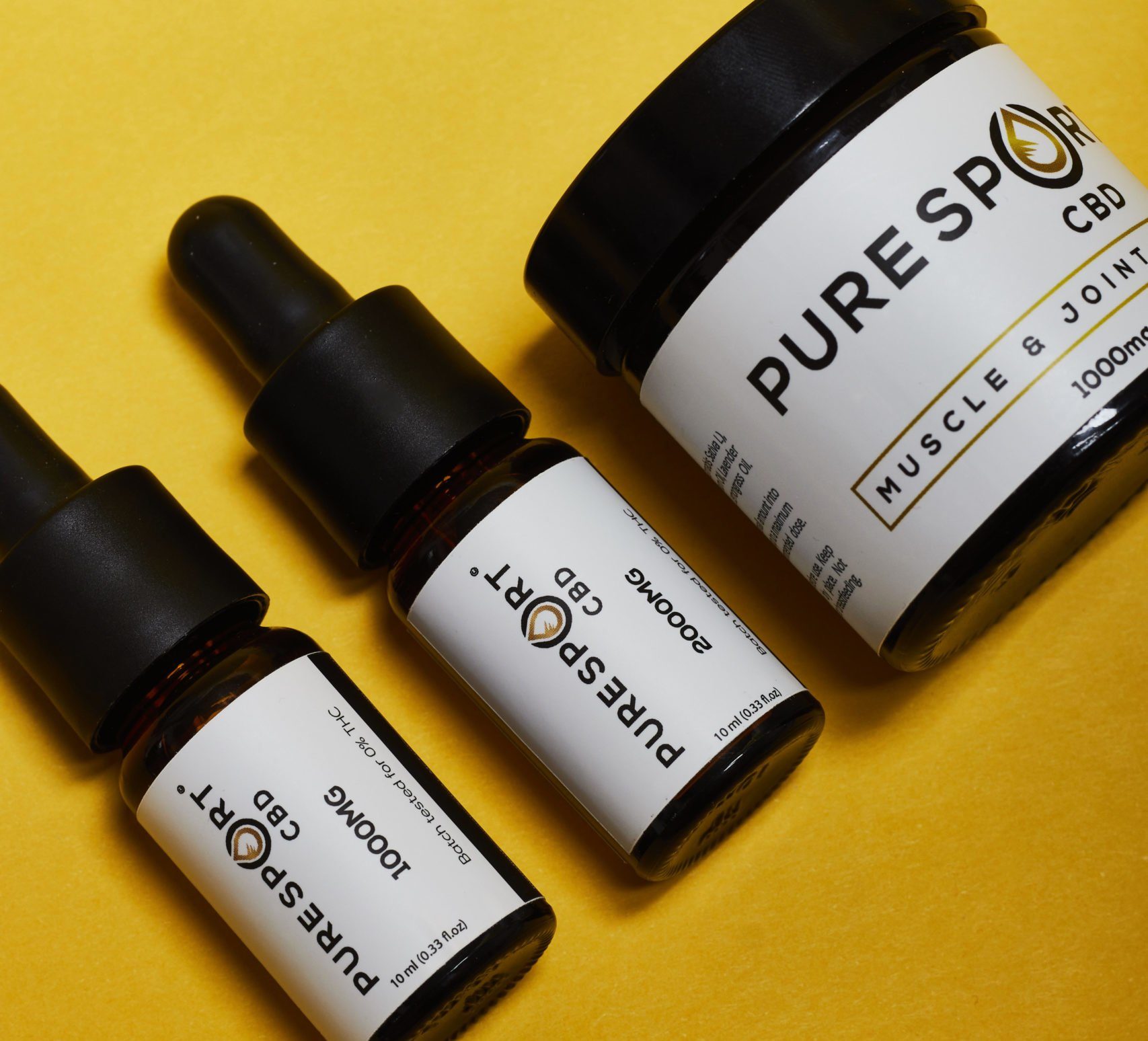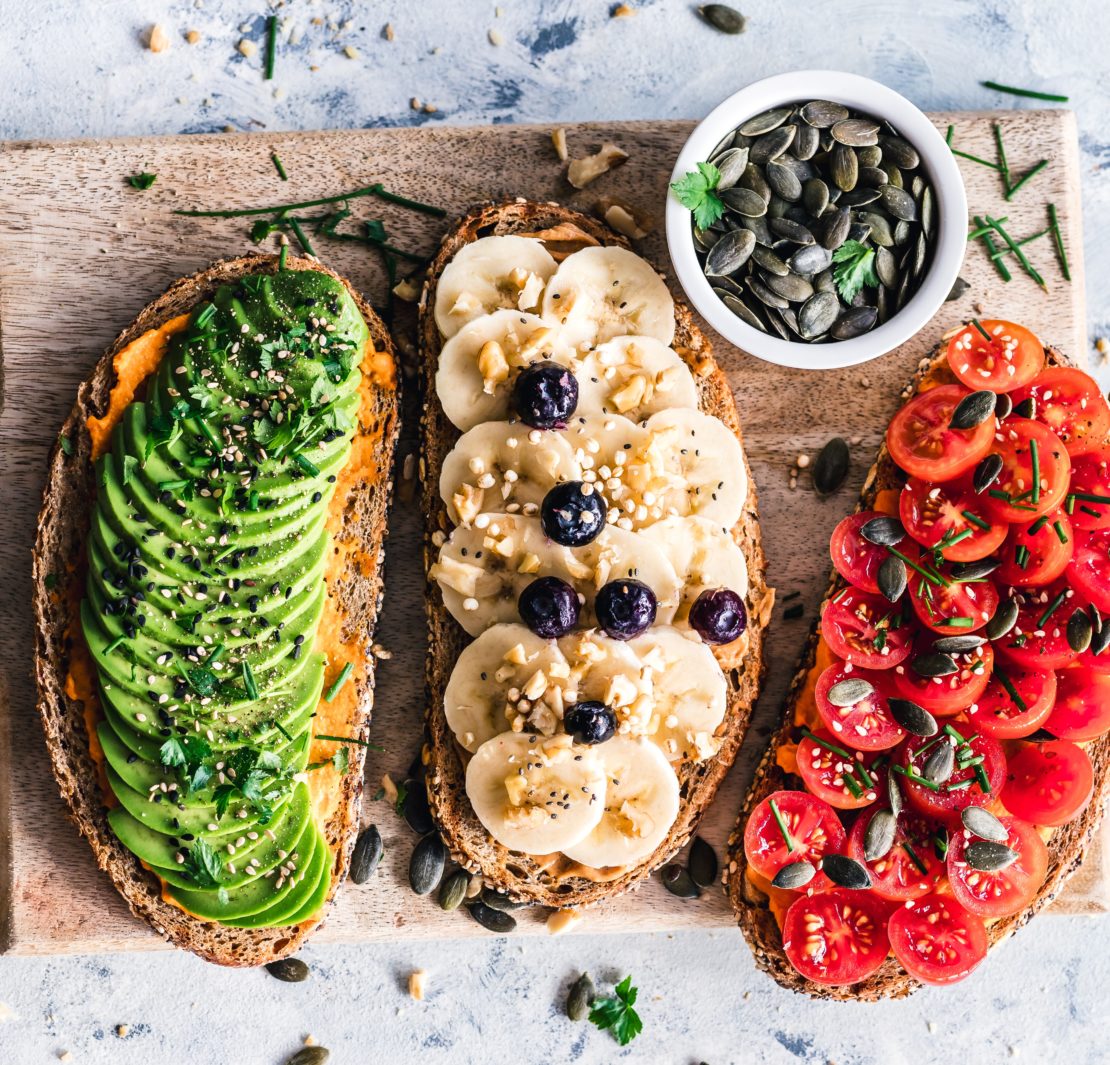Are Vegetarian and Vegan Supplements any good?
Debates have long been had about the practicality of vegetarian and vegan supplements or diets in respect to weightlifting. The common concern being; “Oi m8 where are you gonna get your Protein from?”
While the proposers of the non-meat notion bring up convincing arguments, such as adequate non-meat-based Protein alternatives as well as linking it to health and wellness. Where-as on the other side of the fence, there have been concerns that vegetarians and vegans are at risk of missing out on essential nutrients found in animal sources. Take vitamin B12, for example. The vitamin is vital for sustaining human life but still unavailable in plants.
So what does this mean for vegetarians and vegans, are they all doomed?
Well, not quite. Thanks to vegetarian and vegan supplements, it doesn’t have to be so doom and gloom. By bridging this nutritional gap, supplements can go a long way in helping you adapt to your new vegetarian/vegan lifestyle. This way, you get to enjoy all the ‘meat-diet’ benefits without chomping down on Mr. Chicken.
To help you in your journey, I’ve laid out some vital supplements you need when on a meat-free diet. We shall also go over some of the best vegan supplements that you can try, as well as their benefits.
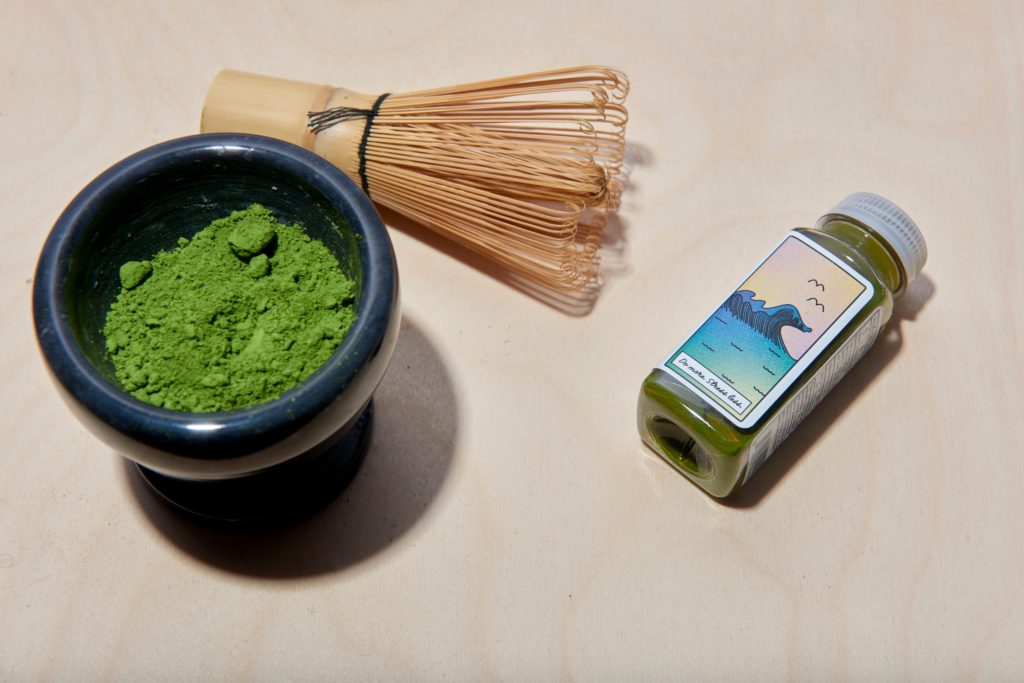
What Supplements Should Vegans Take?
As you may probably have heard by now, vitamin B12 is the only supplement that a plant-based diet cannot provide. Sure, this might be true. But in reality, there are a handful of other nutrients that a plant based-diet can’t sufficiently provide. That is to say, some of these nutrients do exist in the plants but are not sufficiently in present proportions to meet your nutritional needs.
Below are some of the vital supplements (both vitamins and proteins) that vegans can take to adequately cover their nutritional requirements.
Vitamin B12
By now, you’ve probably heard the term vitamin B12 being passed around and about how you can’t live without it and what not. But what exactly is this B12, and why is it so important?
To break it down, B12 is a vitamin that is naturally obtained from bacteria living in the soil. It has been associated with many crucial bodily functions like making blood cells and maintaining your immune system’s strength. Needless to say, it is vital for optimal health. Without it, you can suffer symptoms of anemia or obtain neurological issues.
So why is it not in plants?
As mentioned, B12 is acquired from bacteria in the soil. Traditionally, both animals and people would acquire these bacteria by eating unwashed fruits and vegetables. However, presently due to the more strict sanitary procedures in handling and producing food, almost all traces of B12 are wiped out.
Thereby, the only way people have been getting this essential vitamin is through eating animal meat. Subsequently, bacteria are ingested by animals as they graze and are then absorbed into their bodies. Naturally, plant-based eaters like vegans cannot enjoy the same privilege (or lack thereof).
So, is there hope for plant-eaters?
Well, the short answer is yes, there is hope. Theoretically, you can still derive little amounts of B12 by eating dirty vegetables, but this method is ill-advised (unless you like dirt). Instead, the better way would be to replenish your B12 stores by taking B12 capsules or fortified foods, like nutritional yeast found in some fortified bread and cereals.
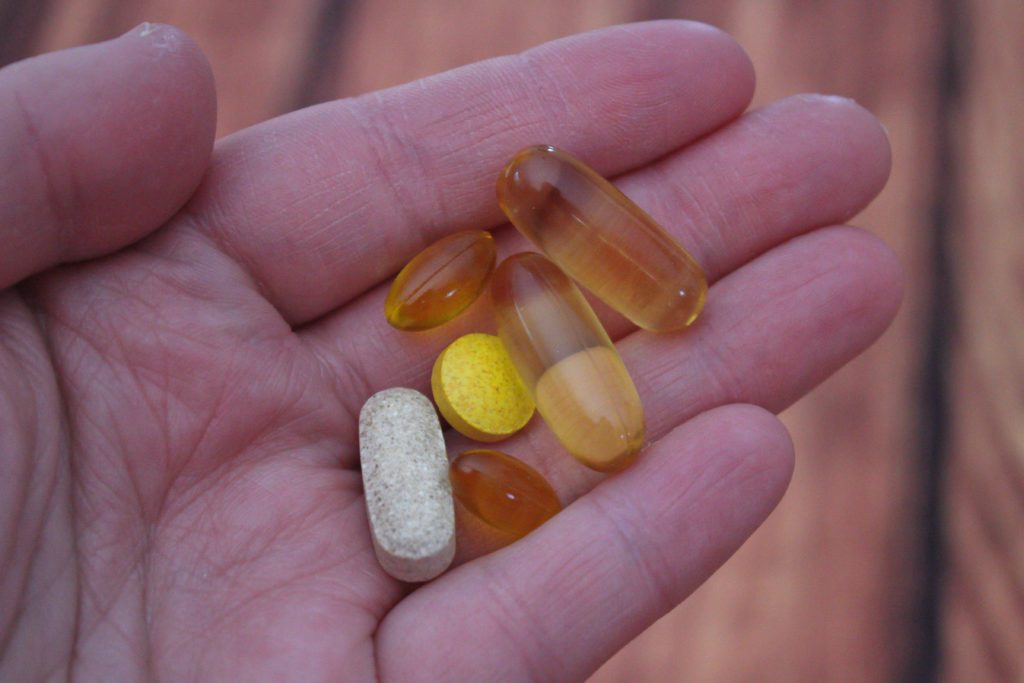
Vitamin D
Also known as the sunshine vitamin, Vitamin D is yet another essential vitamin for human survival. We need it for both immunity and bone health. Unfortunately, vitamin D is also not present enough in a plant-based diet. You see, like humans, animals also acquire vitamin D from exposure to the sun. Therefore, as people eat these animal products like meat and eggs, said people get to ingest a fair amount of vitamin D, a fair amount that vegans do not.
In theory, vegans and vegetarians can still get their daily dose by exposing their skin to the sun. However, if you are the kind who spends a lot of time indoors, or if you live in low UV index regions, then your body’s ability to soak up the precious sun rays will be limited. If you are on a vegan diet and can’t get enough sun exposure, your best alternative is to take on vitamin D supplements.
You can get this from some plant-based sources. They’ll typically be some form of algae or a mushroom-derived version of vitamin D. You can also get it in fortified products like fortified almond milk, fortified rice milk, fortified soy milk, or in plant-based milk like nut or pea protein milk.
There is a host of other minerals and vitamins you can supplement like vitamin k2, zinc, iodine, and omega 3, but we shall move on to the other fundamental food group – proteins.
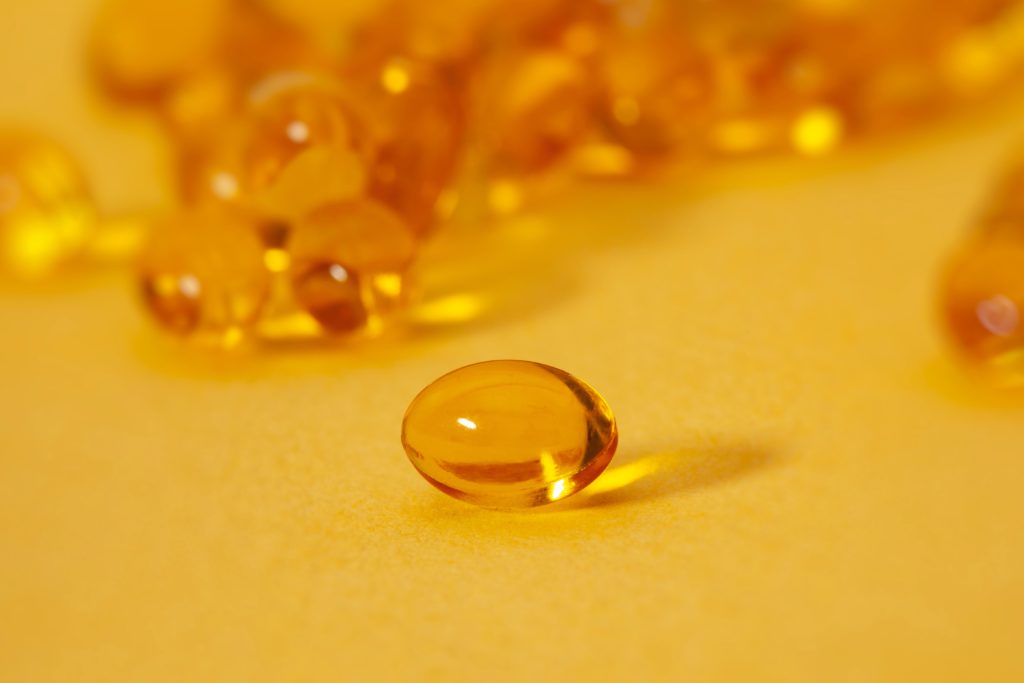
Vegetarian and Vegan Protein Powders
Other than vitamins, proteins are just as essential to your diet. You need protein to grow and build muscle once it breaks down. Unfortunately, just like the B12s and vitamin Ds, the protein you require might also not be sufficiently obtained from a vegan diet. Luckily, there are now some pretty decent vegetarian and vegan based protein powders to help.
When looking at some of these powders, one standard unit of measure is the Biological Value (BV) of the powder. This is basically a show of the protein’s usability. A high BV indicates the availability of more protein than your body’s cells can synthesise. A higher BV also translates to high amounts of amino acids. That said, you definitely want to consider a higher BV in your supplements. The sole reason for these powders’ existence is to offer you a quicker and easier influx of protein after all.
So let’s dive right in!
1. Egg white Protein Powders
Now, if you are not a staunch vegan or are a vegetarian, then egg white protein is the most recommendable out of these powders. With a BV of 100, egg white protein has tremendous amounts of protein, and since it is semi-animal-based, the body more readily absorbs it. That said, you don’t want to use too much of it. Your body only needs a little to work with.
Also, if you are worried about oxidised cholesterol, then you’ll want to stay away from whole egg white powder. Instead, it’s better to eat normal egg white powder or normal eggs. Egg white powder is especially recommended for people with autoimmune diseases.
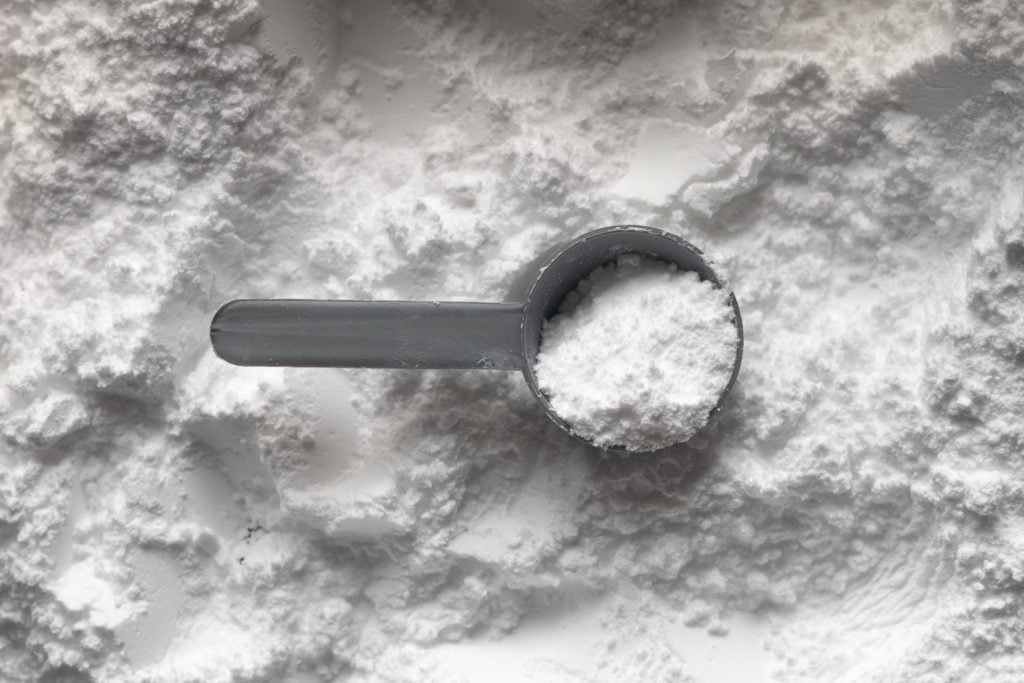
2. Pea Protein Powder
Pea protein is a good alternative for those who want to veer away from milk and egg protein powders completely. The reason it comes after these animal-based products is that vegetable protein powders are generally not as well-absorbed by the body, plus its unflavoured taste is mudlike (yes I know how that tastes). Therefore, you’ll find that you have to ingest a lot more pea protein to get enough of it. Not to mention that it can get quite pricey. However, you should definitely give it a try. You just might like it. Pea protein has a BV of 65.
3. Hemp Protein Powder
Yet another option for full vegans is hemp protein. Just like other plant-based powders, the hemp protein has lower protein content than animal-based ones. In most cases, you’ll find it loaded with a lot of fiber and fat than the other powders. Therefore, if fat and fiber are what you are looking for, then hemp protein would be perfect for you. Hemp protein tastes better, than alternatives and has a decent consistency. However, due to the costs of production, it’s generally more expensive.
4. Rice Protein Powder
As suggested by the name, rice protein is made by extracting protein from brown rice grains. Rice is already considered to be less offensive as a grain; therefore, amino acids isolated from it should work just fine. Again, the plant-based protein might not be as easy to absorb as animal-based protein, but it is still a good alternative to milk-based proteins, which might cause some level of discomfort. Rice protein has a BV of 83.
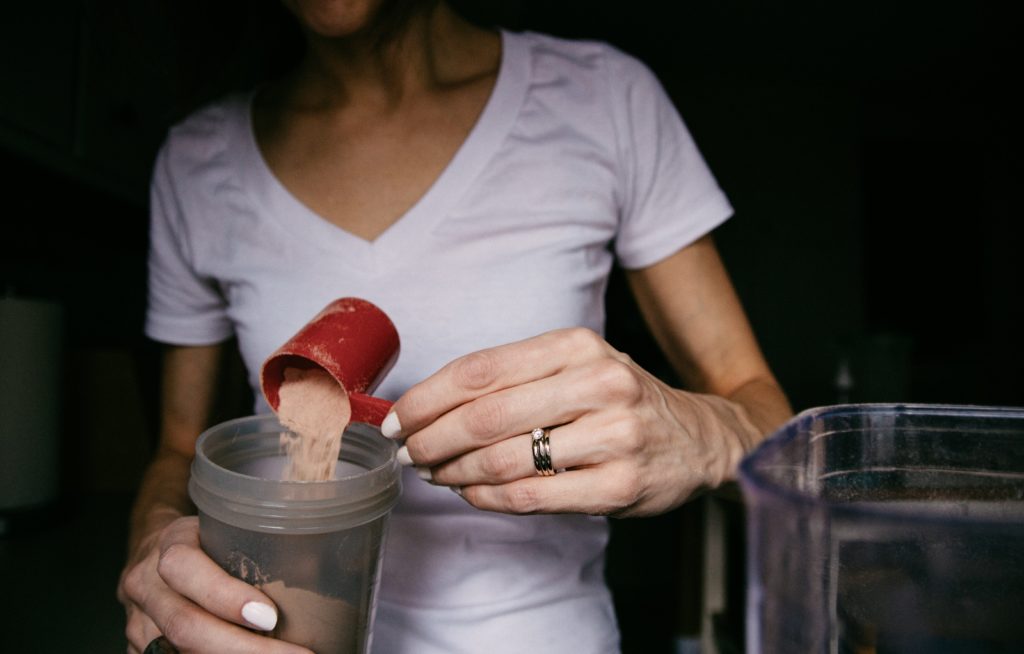
Takeaway: Do you need all these vitamins and supplements?
Supplements are typically recommended for either; athletes/people involved in intense activities like running, weight lifting, or boxing, or by time constraint individuals. Still, if you are a vegan or vegetarian and can’t maintain a consistent whole-foods-based diet, then some of these supplements will do just as good and sometimes better than the animal-based competitor
You want to treat supplements as a whole more like compliments to your diet. Start by evaluating your diet, finding out where you are lacking, and then see how you can take them alongside your diet. If you are less strict about they being specifically plant-based, feel free to dabble some of those alternative animal-based powders in there, like egg whites for example, which as you’ve seen, can have added benefits.
So, don’t take any crap from your meat-eating buddies, train hard, consider taking some of these supplements, and in this case make those vegetarian/vegan gains!
